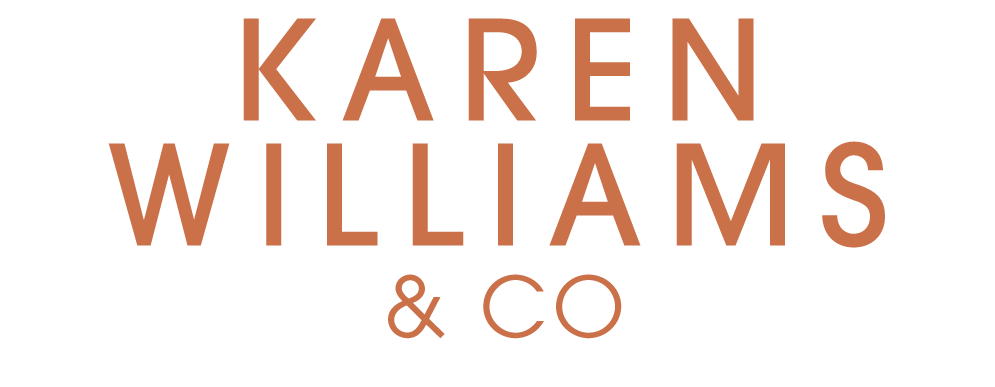What are your trust breakers?
When we trust another, we go the extra mile.
When we feel trusted, we naturally want to give more.
It’s no different for those who look to us for leadership.
Trust is such a simple principle, but it’s often taken for granted. It’s not until trust is missing that we notice how hard relationships can be. Building and sustaining trust is an art, one that requires intention and self-awareness.
Think about the people in your life you trust. The people with whom you are completely yourself – no masks, no proving, no pretence. The people who accept you unconditionally, exactly as you are, for all that you are, and all that you are not.
If you’re lucky you have 1 or 2 or 3 of those people in your life.
Because even though we search for trust in our relationships (discarding, disengaging or leaving those where it is lacking), the kind of trust between people that has us feel connected and included while also feeling free is rare.
It’s the kind of trust that makes relationships hum, but we don’t often experience it at work. Usually we make do with a level of trust that allows us to get the job done, but nothing more.
We build a case in our minds for why it’s their fault…
We all make mistakes.
Every one of us says things that don’t go well.
We react in the heat of the moment.
Blame another, publicly or silently, for something we’ve have had some input to.
But these aren’t the trust breakers, these are just evidence of being human. What breaks trust is what happens next.
I call it leaving people on the hook.
Leaving them hanging while we decide how long we’re going to blame, wait for, or even demand (silently or publicly) that they change so that trust can be restored.
We build a case in our minds for why it’s their fault. And maybe it really feels like it is. But the part we often miss, that makes all the difference to how we show up each day, is reflecting and owning our part in what happened. And then being willing to clean it up.
When trust is broken, it’s natural to recoil, guard up, feel disappointed or even become angry. But when the heat cools, and we reflect, there’s always an opportunity to learn what we could’ve done differently. Even if it was to walk away sooner, but even more likely, have the real conversations to establish clear boundaries, agree expectations and then hold ourselves and others accountable.
When we know the presence of trust reduces stress and sick leave, and increases productivity and performance, why wouldn’t we take the time to learn what builds and breaks trust for those we lead and influence? And why wouldn’t we then commit to becoming really skilled in that?
A simple exercise you can do with your team, maybe at the end of your next weekly or monthly meeting, is to ask with courage and curiosity “what builds and breaks trust with you?”
Commonly, when I explore these questions with people, no matter title or status, experience or generation, what builds trust begins with ‘being honest’ and ‘keeping promises’.
Then as we go a little deeper they share things like…
giving me more feedback (both positive and constructive
being interested in me
taking time to listen and help me grow.
Note that the comments never include ‘give me less work to do’ or ‘take away some responsibility. These may be offered as reactionary responses in a moment when your team member is feeling overwhelmed, but they are never the real reason for disengagement.
Interestingly, what’s shared about what breaks trust, includes…
people not owning their mistakes
not understanding me
not appreciating or recognising my achievements.
Being human at work, is still being human. We don’t leave our humanity at the door when we arrive. What builds trust with you, is what builds trust with those you lead.
It really is simple, but we make it hard because we think taking ownership of our mistakes puts us at risk so we invest more energy in leaving others on the hook.
The practice of empathy and compassion allows space for all of our mistakes, and trust can be restored quickly when we are willing to take ownership.
Every leader I’ve worked with wants their people to try more, take risks, come up with solutions and fail in order to learn and grow.
The question to ask if your people aren’t reaching as far as you’d like, is not ‘what’s wrong with them that they don’t?’, but instead ‘how can I build trust with them so they will?’

